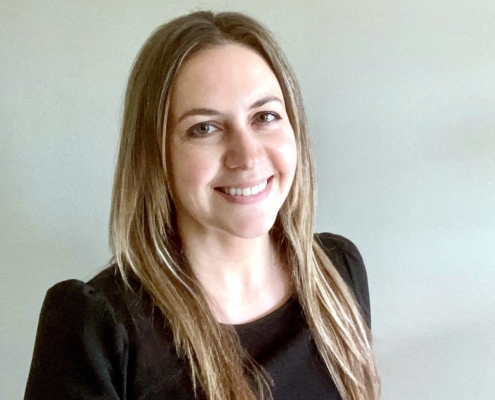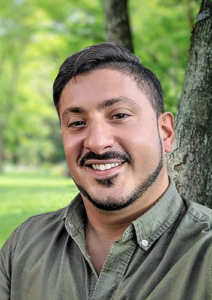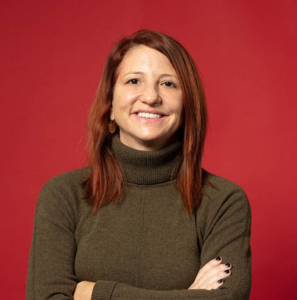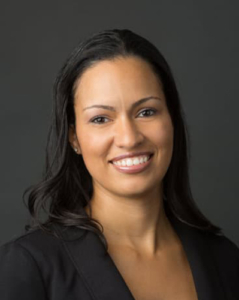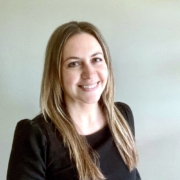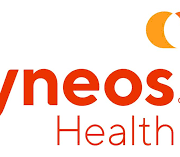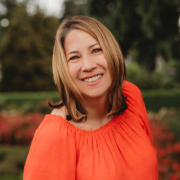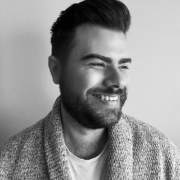Finding the shoe that fits: building an equitable health system
Finding the shoe that fits: building an equitable health system
By Maria Fontanazza • [email protected]
Equality is giving everyone shoes. Equity is giving people shoes that fit.” These words were spoken by Lauren Powell, Ph.D., vice president, US health equity & community wellness, Takeda Pharmaceuticals, at the 2022 Healthcare Businesswomen’s Association Annual Conference in November. Understanding the distinction between equality and equity is just the start of improving and building a healthcare system that truly works for everyone (read more about Powell’s message on gender-balanced leadership in health equity).
Of course, acting on the sentiment is where the progress begins, and we have a long way to go. It’s for this reason that at Med Ad News, we strive to continue the conversation about diversity, inclusion, and health equity – and in our December issue, we’ve placed a strong focus on these topics.
“From access to medicines to how pharmaceutical companies recruit for their clinical trials, pharma knows it has some work to do,” writes Contributing Editor Christiane Truelove in “Getting the balance right”.
Ensuring accurate, diverse representation of the population in clinical trials has been an “acute” challenge, notes Rachael Scott in “Removing barriers: Improving diversity in clinical trials”.
Although it’s the pharma companies working with research sites and sponsors who decide which patients are included in clinical trials, healthcare agencies can impact the process. “From a clinical trial perspective – in reality, as an agency, it’s difficult to have an effect on the pharma side,” said Mo Hamzeh, senior vice president, management supervisor, Ogilvy Health during the agency’s panel discussion, “Being an Advocate for Authentic Representation in Healthcare Advertising”, in November. “But as advocates and partners, having the seat at the table with them and being vocal, [even] if you are in an uncomfortable meeting – it’s vital.”
Panelists Liz Kane, chief strategic officer, NA and Monique LaRocque, executive vice president, Ogilvy Health, agreed. “The travesty is the health outcomes. We have to be singularly focused on health outcomes with our clients,” said Kane. “[It] comes down to clinical trial makeup and making sure we get in there early and help our clients.”
In order to change the trajectory on health, we have to be more inclusive, added LaRocque.
“It matters that populations are represented in clinical trials. We need to know when things are working well. America is becoming increasing diverse. Is the healthcare industry making things that will help improve the health of all our communities?” As advocates, we need to work with the trusted leaders to help eliminate the barriers.
“We have an amazing country with tremendous innovation. But we have very different experiences in terms of people’s ability to be healthy. Not just in looking at what the problem is, but [also] understanding how we got there,” said LaRocque.
Part of reaching this understanding means looking at social determinants of health. LaRocque explains the chain reaction from the ZIP code of a school to the ability to have a healthy meal (increasing mental focus in school), to access to social networks and the capability to seek out desired employment. “Those experiences lead to disparities. Disparities are completely preventable. There are things we can do today to significantly reduce disparities.”
Mindy Vulpis of Evoke MicroMass describes how healthcare marketers can have an impact in this area, especially when working with the pharma industry. “Societal-level problems require societal-level solutions, but that doesn’t mean that we are helpless to support individuals who bear the brunt of health inequities. While pharma companies and marketers may not be able to fix the root cause of social problems, we can — and should — act to minimize their impact,” she writes.
As we look ahead to the new year, how will we amplify diverse perspectives for the betterment of healthcare? We all have some level of power to move the needle and do work that supports underrepresented populations and promote a more equitable health system.
It’s a work in progress, and as LaRocque said, we can’t maintain the status quo. “We’ve got to make changes. Be okay with being uncomfortable. We grow in discomfort.”
| Maria Fontanazza is the director of content, Med Ad News and PharmaLive.com |

